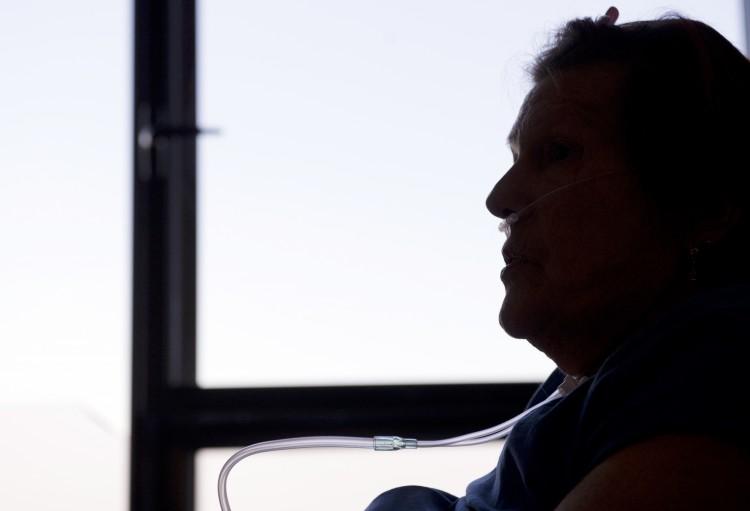The co-founder of an alliance of physicians against euthanasia and assisted suicide says Canada’s medically assisted dying policy sets a “dangerous precedent” that has opened the door to other scenarios in which people can be denied medical care or have their lives prematurely ended.
“In terms of expanding, first of all we change the criteria, and then we make it easier and easier to get rid of people who are faced with life’s challenges, with health issues,” Dr. Paul Saba, the co-founder of Physicians’ Alliance against Euthanasia in Quebec, told The Epoch Times.





